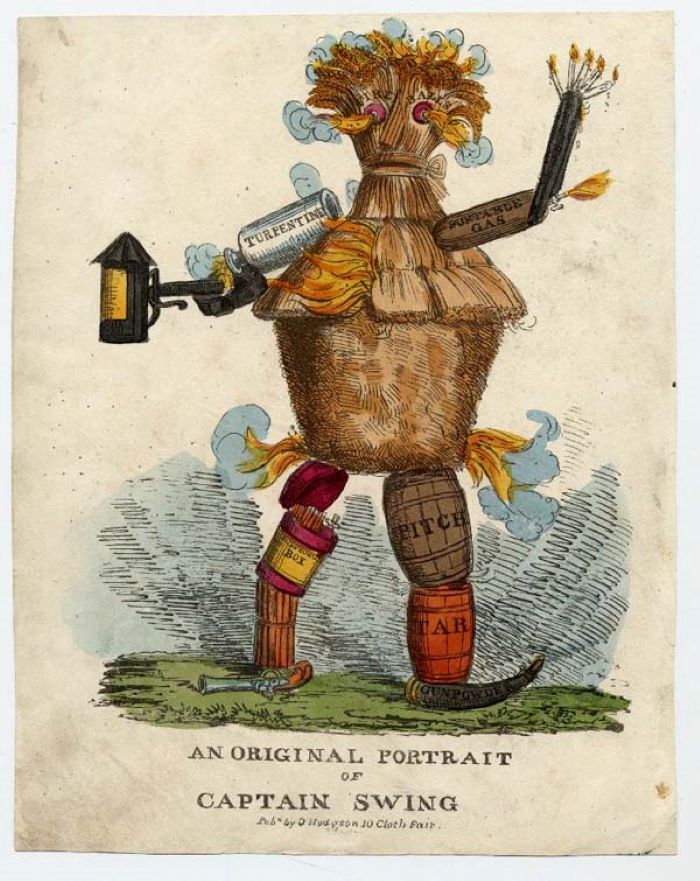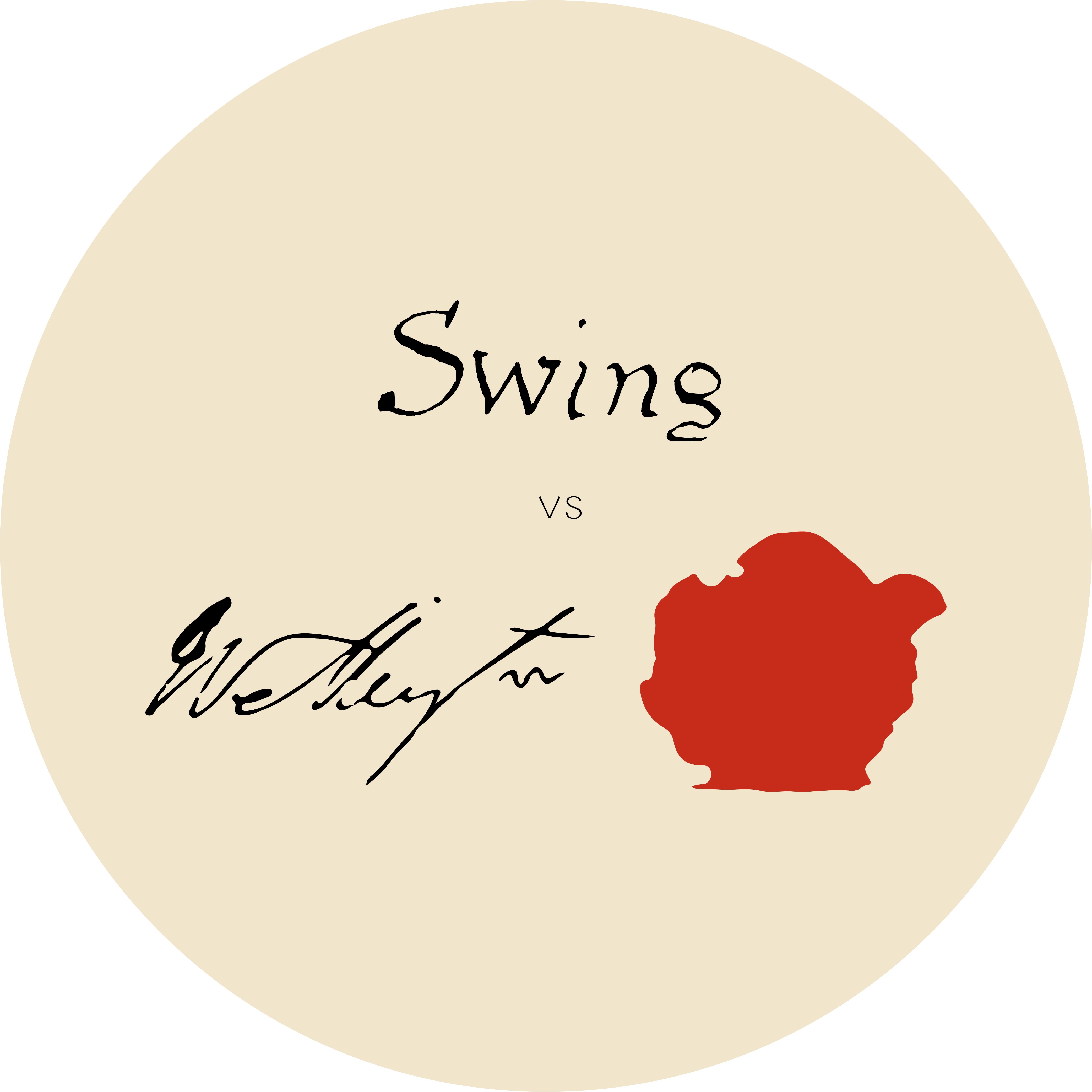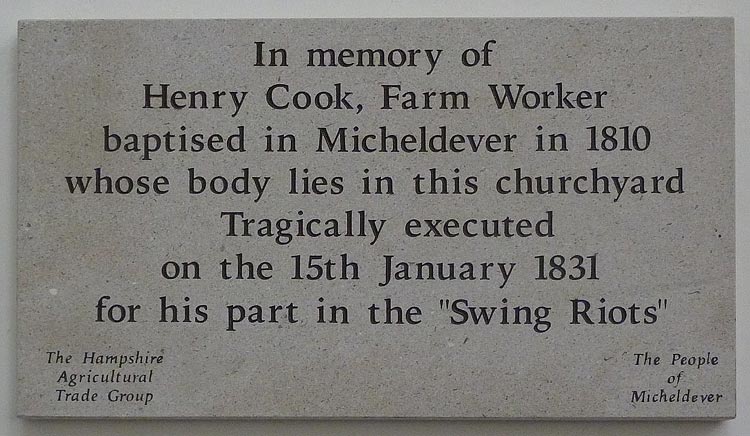Bill Lucas, Professor of Learning at the University of Winchester and Chair of the English Project, looks back on a period of rural unrest
In the years before 1830 there were a series of bad harvests. At the same time threshing machines, the new technology which was mechanising the agriculture was causing unemployment. Agricultural labourers began to revolt. Starting in Kent, workers struggling to survive on 8 shillings a week, took the law into their own hands. They set hayricks alight, destroyed threshing machines and demanded wage rises from farmers and landowners.
Soon letters began appearing signed by the mysterious Captain Swing, an imaginary anti-authority figure with a hint of menace (anyone being hanged might swing from a rope) and a nod to the action of the labourers swinging their flails as they threshed the corn by hand.

The riots were one of the largest movements of social unrest in 19th-century England but are less well remembered than the Luddites and Tolpuddle Martyrs.
As the rioters moved westwards into Hampshire, those in power feared they might have a revolution on their hands similar to the one that had shattered France at the end of the previous century.
In late 1830, the Duke of Wellington, recently the country’s prime minister and now the Lord Lieutenant of Hampshire, decided that the law-breaking had to stop. With the help of the army he rounded up hundreds of the men who had been protesting for living wages and laid on a Grand Assize in the Great Hall in Winchester.

Henry Cook, a worker from Micheldever was tried, sentenced to death and hanged in Winchester’s gaol, now a Wetherspoons pub in Jewry Street. He was one of 300 tried at the Grand Assize. Nearly all were convicted, those who escaped the death sentence were imprisoned or transported to the colonies.

Based at the University of Winchester, national charity The English Project hopes to rekindle interest in the Swing Riots in the run-up to their 200th anniversary in 2030. Two academics from the University of Winchester will be taking part in an evening of readings at Micheldever Church on Saturday 22 June to remember this extraordinary rural rebellion.
It will feature readings by Professor Christopher Mulvey, Emeritus Professor of English at the University of Winchester and Bill Lucas. They will be joined by community historian, Edward Fennell and professional actors Nigel Bradshaw and Samuel Collings.
Henry ‘s life and death is celebrated in JR Ackerley’s poem Micheldever, written in 1940, which will be performed at the event along with works dating from the time of the riot by Lord Byron, William Cobbett, John Clare among others. These will be mixed with reading of newspaper reports from the time.
The story of Cook is well-known along the Dever Valley but more generally the Swing Riots and their significance have been forgotten. The riots are a highly important but sadly neglected part of Hampshire’s history. It is hoped that the Micheldever event will start to remedy that, as will the wider commemorations being coordinated by The English Project over the coming years.
The evening costs £14 including free pre-entertainment glass of wine, available from 6.30pm and tickets can be bought here.
Back to media centre